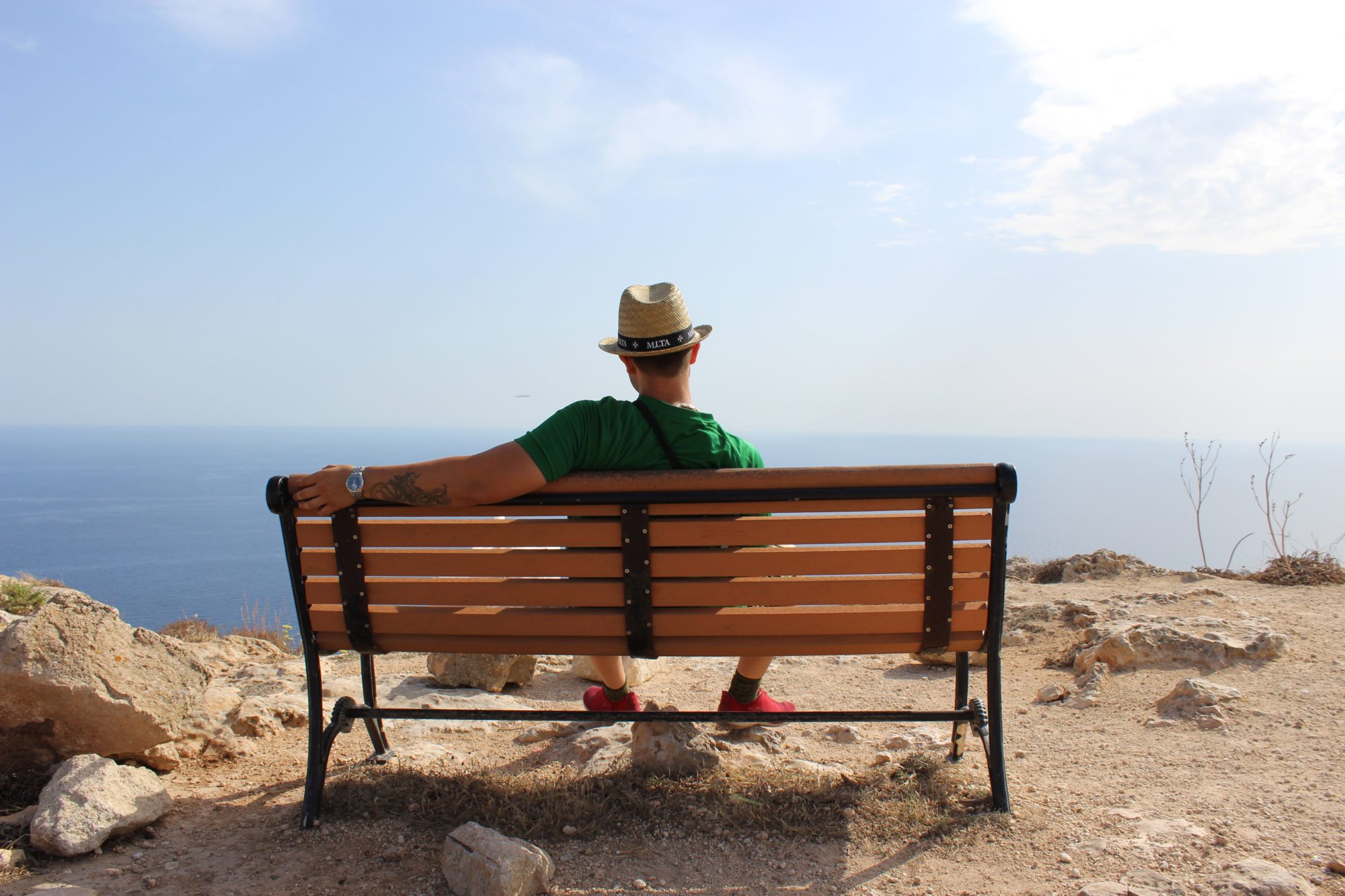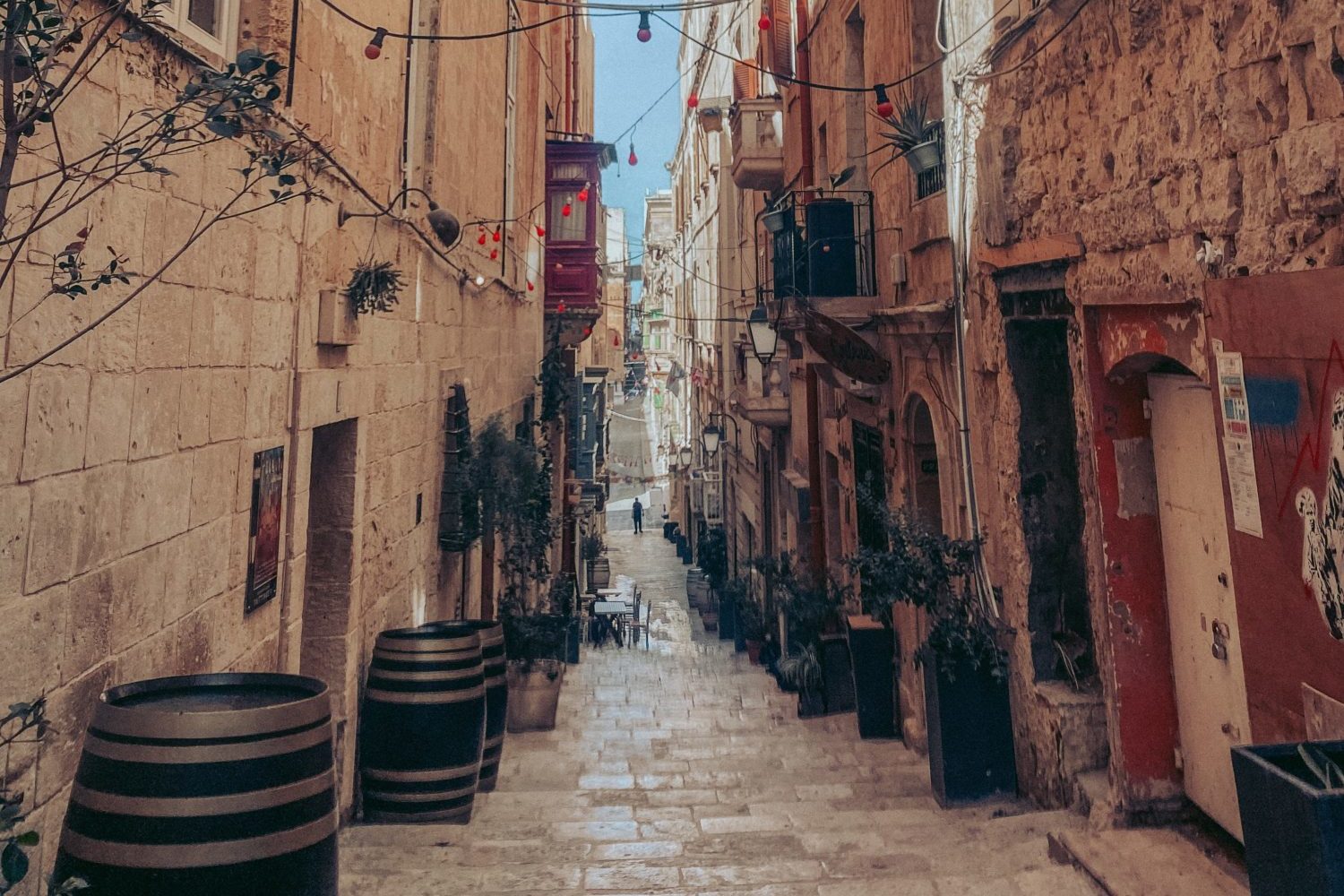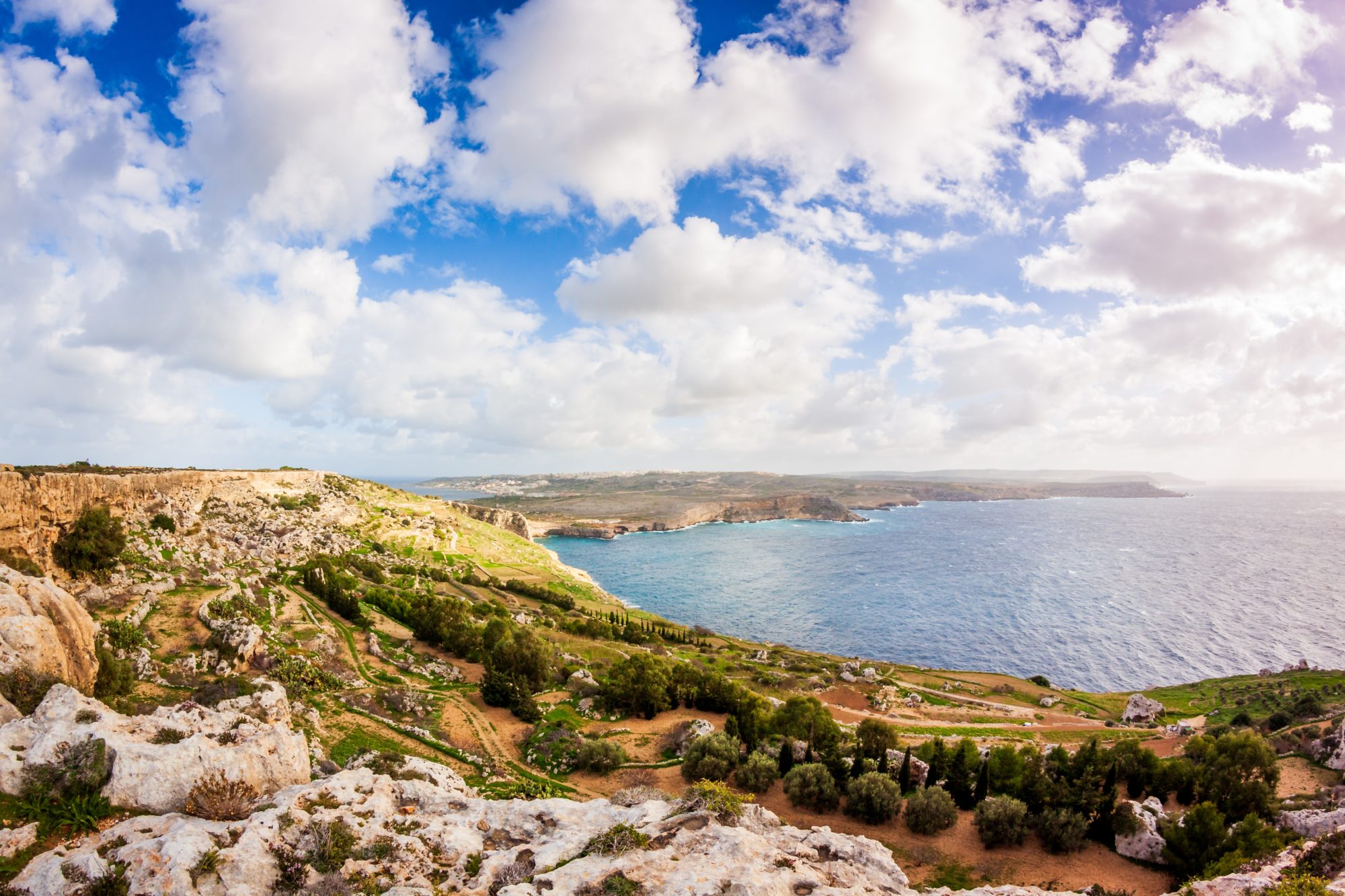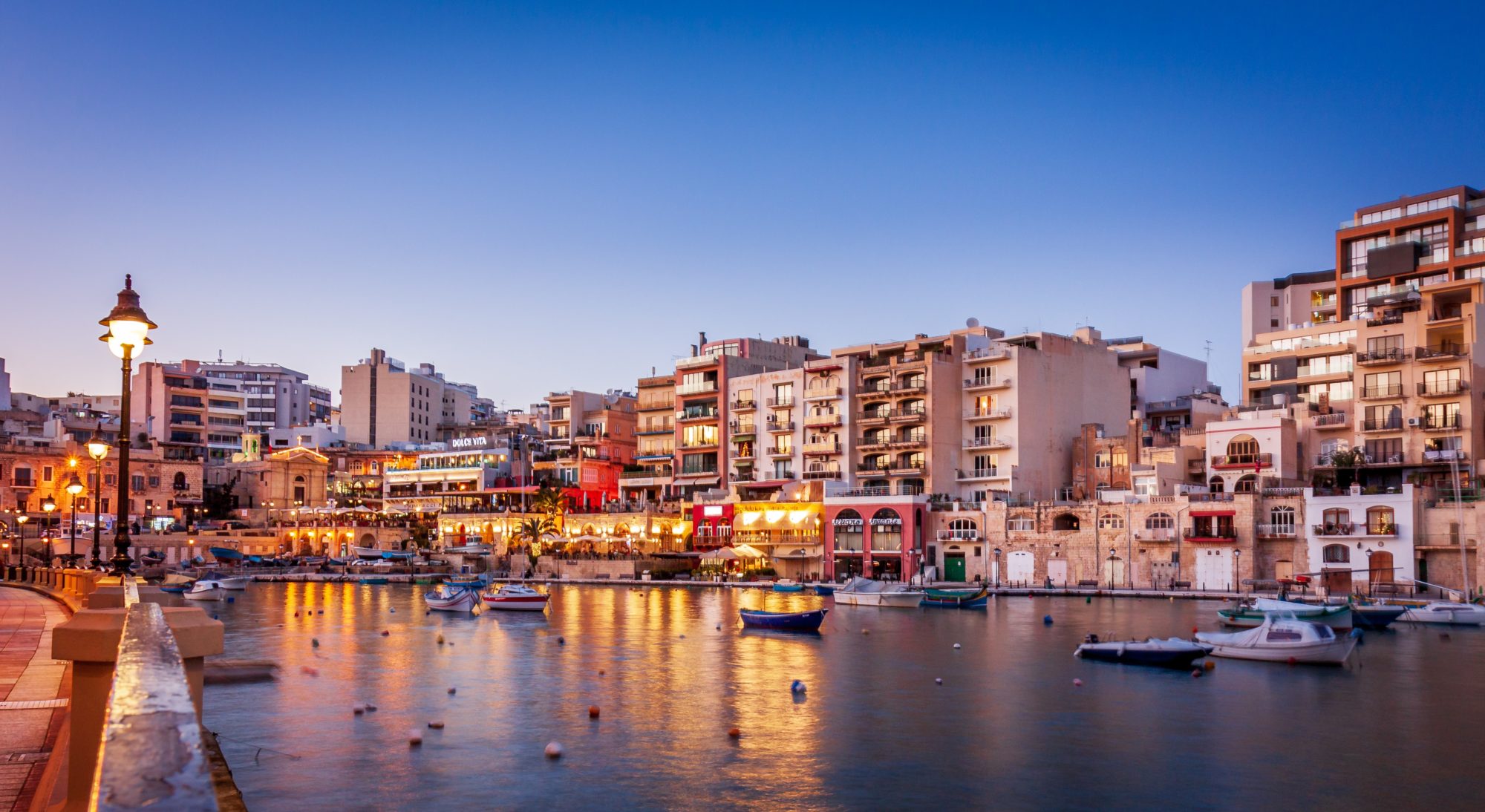From retirement programs to where to retire in Malta, here’s all you need to know about retiring in Malta
While Malta is a common spot for vacations due to its warm climate and picturesque landscapes, it is also becoming increasingly popular as a retirement destination for expats. However, retiring in another country is a major decision to take. Before you make the choice to retire in a foreign country, including Malta, there is a lot you should learn about the country.
In this article, we aim to let you know all that you need to know about retirement in Malta so that you will be equipped with everything that you need to live your best years in ease and comfort.
Obtaining Residency in Malta
In order to retire in Malta, you will first need to obtain residency. There are four ways in which you can go about this.
The Global Residency Program
Although this program might not be for everyone due to monetary requirements, this is a good option if you wish to reside indefinitely in Malta. You will also receive a specialised tax status while also being able to travel within the EU.
This option is for third-country nationals or non-Maltese, and you will need to fulfil the following requirements:
• Stable income with proof of a pension or income.
• You will need to obtain international healthcare and you must be in good health.
• You must be fluent in English or Maltese.
• You cannot remain in any other jurisdiction for more than 183 days per year.
• You must buy a property valued, at least, €275,000 (except for a few areas being €220,000) or rent a property for at least €9,600 (€8,750 in exception areas).
Malta’s Residence Program
This option applies for retirees who are from the EU, EEA or are Swiss nationals who are not employed and relying on a pension. This program is for individuals who are fully retirees since this program does not grant you permission to work in the country. However, you will be given the exception to help in charitable and/or educational organisations. Under this program, retirees are also required to pay 15% of their foreign income to the country.
The following are the requirements for this program:
• You cannot live in any other country for more than 183 days in a year. You must live in Malta for at least 90 days, for the minimum of five years.
• You must buy a property valued, at least, €275,000 or rent a property for at least €9,600.
• You must be receiving a pension that accounts for at least 75% of your annual taxable income.
• You must be in possession of valid travel documents and health insurance.
Citizenship by Investment Program
This program falls under The Malta Citizenship by Naturalization for Exceptional Services, allowing investors to become Maltese citizens. This is a good option for non-EU foreigners who are prepared to invest as part of their retirement plan.
This process can be completed in under a year, and it will allow retirees to freely travel across the EU, as well as move to other EU countries. There are also specific tax benefits with this citizenship.
The requirements for this program include:
• Buying a property of at least €350,000 or renting a property worth a minimum of €16,000 yearly.
• Investing a minimum of €150,000 in Government bonds and securities.
• Have a clean criminal record.
• Have good health conditions.
Permanent Residence Visa
The permanent residence permit can be used by anyone who does not plan to work in the country and will only receive their retirement pension as their income.
The requirements for this permit include:
• You must prove certain financial stability to demonstrate that you can live self-sufficiently.
• Clean criminal record.
• You must go through an interview process before you are approved to get the permit.
After you get your permanent residence in Malta, you will also need to open a Maltese bank account. You will also need to purchase property that is worth at least €114,000, or an apartment worth a minimum of €68,000. There is also the option of renting a property, paying a minimum of €4,000 per year.
Why Malta and Where to Retire?
There are a few locations that are most sought-after than others when it comes to choosing where to retire. St Julian’s, Sliema, Qawra, Mellieha, Paceville, and St Paul’s Bay are favourites among expats. You might want to visit Malta for a vacation before choosing your desired location to retire in.
In general, Malta is one of the best places to retire. From a wide range of entertainment options to great property prices and a very hospitable population, there are various pros of retiring in Malta. Firstly, you will get to enjoy Malta’s favourable weather. Summers can get very hot, but winters are mild with beautiful days of sunshine and only a few days of bad weather.
The Maltese Islands are surrounded by crystal-clear blue beaches while it is also brimming with rich history and unique architecture. More importantly, when looking for a retirement home, a top priority is a safe and tranquil country, and Malta will definitely give you that, and more. Malta’s crime rate is very low, and the Maltese are extremely hospitable and welcoming.
Additional Things to Consider When Retiring in Malta
Cost of Living
Apart from the costs that come with moving to a different country, you need to take into consideration, its cost of living. There are places in Malta which are more affordable than others. Being a small island in the middle of the Mediterranean, there are various activities and entertainment options that are catered for everyone’s budget.
Healthcare
A legal resident in Malta who pays the Social Security System will have full access to healthcare services. If you are planning to retire in Malta, there are several options to ensure that you have your healthcare system in place such as the GHIC card and the RHA Entitlement card for short stays. However, your best option is to apply for health insurance from one of the many insurance companies on the islands.
Buying a property
Buying a property in Malta is fairly simple. However, if you are not an EU citizen, you will need an AIP (Acquisition of Immovable Property) permit. For more information on buying property in Malta, read our guide here.
If you are planning on retiring to Malta and you need help finding the property of your dreams, Bernards Real Estate has got you covered. Contact us today for more information.



